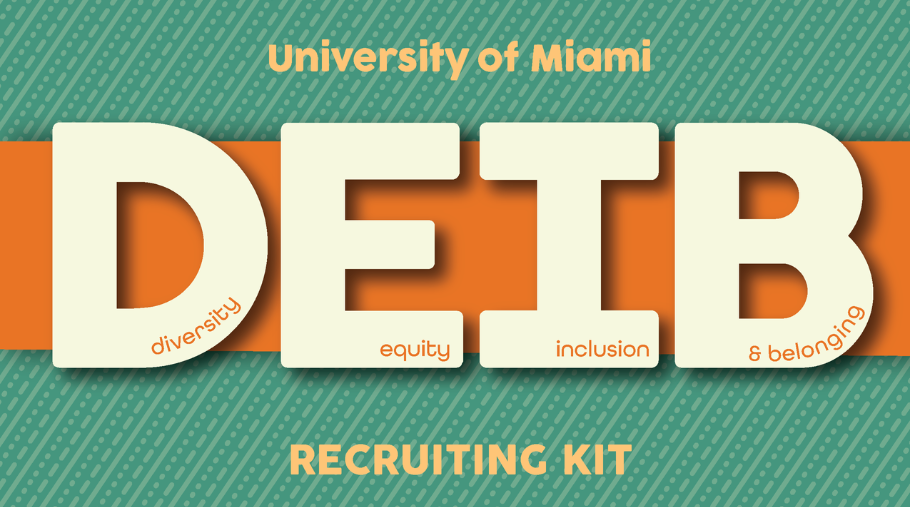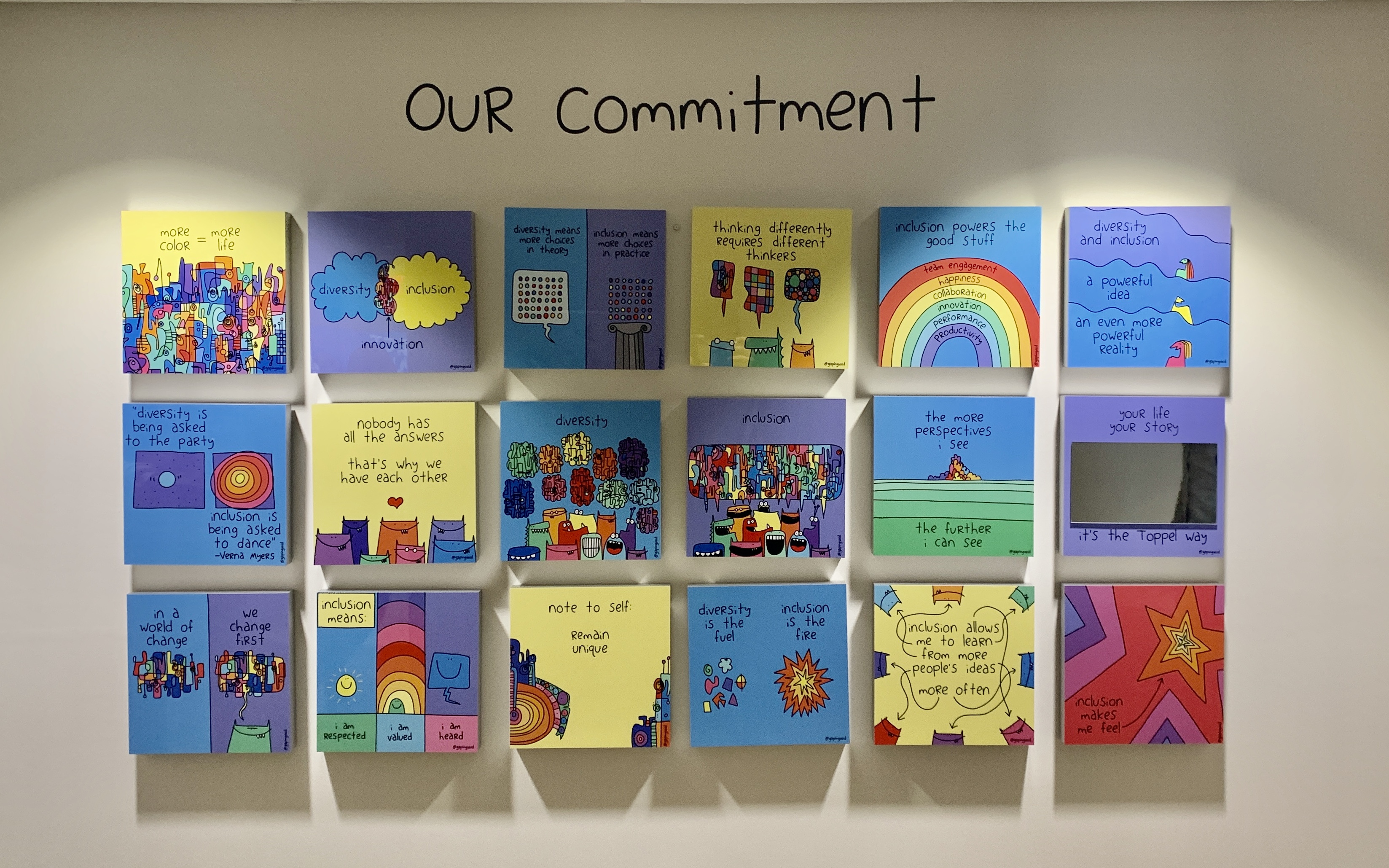Determine Opportunities for Diversifying Your Company’s Staff
- What are the current and future needs of the office? Who do we serve?
- What is the current make-up of the department/business unit?
- How many and what type of positions are expected to be vacant?
- Are any of these positions in an underutilized job group for underrepresented groups?
Evaluate Job Descriptions
- Is the job description aligned with a commitment to staff diversity?
- Does the job description use language that attracts diverse staff?
- Does the job description include criteria such as "experience working with a diverse population?"
- Does the job description accurately reflect the skills and education necessary for the position?
- Are essential and marginal functions of the position clearly stated and consistent with the current needs and/or responsibilities of the position?
- Does the job description include any biased language? Remember to use his or her, he/she, or s/he when you occasionally need to stress the action of an individual.
Interviewing Applicants
- Review the interview pool and ensure that it is inclusive of diverse candidates.
- If a search committee is used, is it diverse?
- Review proposed interview questions to ensure there are no illegal questions (e.g., age, disability, children, etc.).
- Ensure that hiring managers understand the process to implement reasonable accommodations if necessary for the interview.
- Bring recruiters and company representatives who represent our student population. It is important for students to "see themselves" in your organization and have an opportunity to interact with those of shared identities. It is also critical for organizations to display concrete examples of how they recruit, retain, and promote people of underrepresented backgrounds.
Avoid Unconscious Bias
Unconscious bias (also known as implicit bias) is the preferences and prejudices that we don't realize we have. These biases often come from our background and aren't necessarily apparent in our day-to-day interactions with others. However, they can inform the decisions we make about the people with whom we surround ourselves.
Everyone has unconscious biases; many hiring panels might unwittingly lean toward hiring - or not hiring - candidates based on those implicit prejudices.
Three common types of unconscious bias include:
- Affinity bias: This type refers to the tendency to prefer people who are similar to us in terms of race, gender, age, etc.
- Confirmation bias: This bias occurs when we pay greater attention to information that confirms pre-existing beliefs, thus essentially confirming stereotypes we hold.
- Conformity bias: This refers to being influenced by the opinions and behaviors of others, such as other colleagues on a hiring panel, in order to conform to "proper" behavior.
What are some strategies to prevent and address these biases during the hiring process?
You and your team can prevent and address these prejudices through consistent, strategic action. Try these 10 strategies:
- Identify your unconscious biases. You can use tools like the Implicit Association Test from Harvard to help you. Then, make sure these biases are top of mind throughout the interview and assessment process. We have to keep our prejudices front and center in order to fight them when they arise.
- Infuse inclusiveness into your communications, both internally and externally. For example, my recruitment company is starting to use a job description analysis tool that identifies gendered language in order to make job descriptions more inclusive.
- Require diversity training and ongoing education for all employees, particularly managers, recruiters and senior leaders.
- Make inclusion a regular part of your conversations regarding the brand and company culture. My team has found great success with our new diversity panel, which meets regularly to discuss challenges and set goals around diversity and inclusion.
- Implement mentorship programs across teams and demographics. Exposing team members to people from different backgrounds can promote greater understanding and empathy across the company culture, which I've found can significantly affect recruitment and retention efforts.
- Look at candidates' skills and talents before you consider anything else. You might accomplish this by requesting that a sample assignment be completed before the one-on-one interview.
- Always ask the same interview questions in the same order for every prospective candidate. Consider using a weighted scoring system on these questions, then compare candidates objectively based on their scores.
- Put a diverse hiring team in place. Make sure a wide range of people are represented, including multiple ages, genders, sexual orientations, cultures, personalities, backgrounds and talents.
- If you choose to work with a recruitment company, partner with one that specializes in diversity recruitment. As the CEO of a recruitment company, I recommend ensuring they can help match your open positions with a diverse range of talented, qualified candidates as well as provide greater guidance around addressing bias during screening.
- Commit to fighting explicit bias. This may take the form of new company procedures, training around addressing unacceptable behaviors such as sexual harassment, and a no-tolerance policy for hate speech or discriminatory language.
Becoming familiar with our biases might be an uncomfortable process, but it is necessary to create a fairer and more inclusive recruitment process. And when we accomplish that, we start developing workplaces where professionals of all backgrounds can thrive.
Source: Forbes, "Inclusive Hiring: How to Address Bias in the Recruiting Process"







